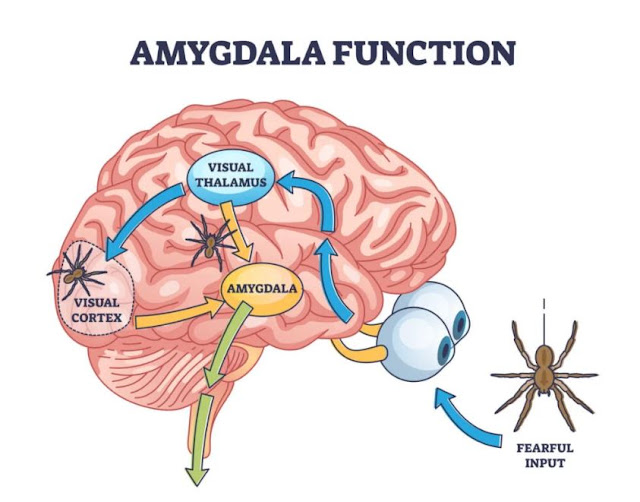What do the wealthiest people in the world have in common with the poorest people in the world?
The poorest people in the world have the highest recycling rates. They cannot afford to feed their own children, and so the scrap value of a discarded can or bottle is a resource they cannot pass up.
The richest people in the world also have higher recycling rates - but not as high, because they can afford to purchase things that cannot be recycled. The rich have more education, and understand why we need to fund a recycling "system" to preserve resources for future generations. So we have children's interests in common, but weirdly different children as the wealthy purchase for their own children expensive objects that are nor very recyclable (like Nintendos or X-boxes).
Who recycles, who cares about recycling?
It's an inverse bell curve, or "normal" curve.
In between, there is a vast society of haughty or resentful emerging middle class or descending middle class who seem to resent recycling, or those who care about recycling, for vastly different reasons.
In the poorest countries, the "right to discard" is a symptom of improving wealth. An African or Chinese working class citizen may actually see the poorest people who scavenge recyclables for the scrap value, and may know people or be related to people who have been poor enough to recycle because they cannot afford to feed their own children. But if that poverty is the "reason" they associate with recycling, throwing away a "consumed" bottle or can may be perceived as a luxury. A stymulus of fear is being forgotten, and the stimulus of the amygdala over fear of starvation is not welcomed back.
In the wealthiest countries, the "right to discard" is perhaps more likely a symptom of resentment of others wealth. In a rich society, lower middle class is burdened with taxes and automobile repairs and the cost of the kiddos Christmas* presents. The ads and signs urging them to care about recycling bottles and cans, or the "tax" of a single beverage deposit, may be associated with rich and privileged people leaning down on their right to discard.
For all of the millions of recycling education and promotion and advertising, a single Penn and Teller "Recycling is BS" video will do untold damage. The emerging middle class in poor countries will take the point that scrap value is for "losers". The declining middle class in rich countries will take the point that recycling is something not important that only rich and privileged people care about.
The future unborn generations are the actual reason I made a career out of recycling. In my most religious period of life, God told me to do things that would matter, in history and retrospect, to a child born, say, 500 years from now. That young person, learning history, would not know me personally, my name or my ego, but that young person would be living in a world which (we hope) continued to vastly improve in health and wealth (Gapminder high five) standards, but which will sorely regret the extinctions, exploitations, and own-goals wasted by their historical counterparts.
They may have "issues" we don't yet dream of. Like is it "religioushist" to *capitalize christmas in referring to a holiday? With the rate of intermarriage, I like to imagine that racism and DEI which obsess people today will be a curiousity in a blended world of melanin. Though the capacity to otherize and to leverage the amigdala to weaponize a society will no doubt remain an incentive to slingshot others fears into power.
My point here is that we tend to care mostly about things we are in daily association with, which tends to be other humans who are alive today. The inverse normal curve of recycling joins a man collecting cans or deposit containers for his expecting wife's child with the wealthy investor in recycling technologies for children waiting to be born 500 years from now.
Happy 2024. I don't really know who still reads this blog, which I started 18 years ago, but I know from the steady 20-55 daily readers over the course of the blog, that someone still cares about the world the way that I do. That makes me continue, for better or for worse.
Thank you #god, I love you #god.



No comments:
Post a Comment